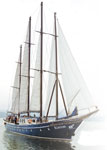 An interesting article from JoongAng Ilbo about a large sailing yacht once owned by an unnamed American Mafia boss. The yacht was in Korea for modifications, when the Mafiosa was arrested and sent to prison. The boat was purchased by a Korean who named her Koreana and intends to use her to teach students about the sea.
An interesting article from JoongAng Ilbo about a large sailing yacht once owned by an unnamed American Mafia boss. The yacht was in Korea for modifications, when the Mafiosa was arrested and sent to prison. The boat was purchased by a Korean who named her Koreana and intends to use her to teach students about the sea.
The Koreana is said to be the first “clipper” in Korea. Fortunately the articles defines what it means by “clipper”:
What differentiates a clipper from a yacht is the length of the vessel and the number of masts it has. Ships with a length of over 60 feet (about 18.3 meters) and more than two masts are considered clippers. Because clippers are expensive to maintain and a large crew is needed to raise and drop the anchor, they are generally considered to be a ship for the wealthy.

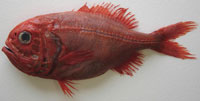 Which would you prefer to order from the menu – slimehead or orange roughy? Antarctic toothfish or Chilean sea bass? Slimehead and orange roughy are the same fish, just as the Chilean sea bass is the Antarctic toothfish with a new name. Orange roughy just sounds so much better on the menu or in the supermarket than slimehead. The same goes with Chilean sea bass, which doesn’t happen to be related to sea bass at all, but the name is appealing.
Which would you prefer to order from the menu – slimehead or orange roughy? Antarctic toothfish or Chilean sea bass? Slimehead and orange roughy are the same fish, just as the Chilean sea bass is the Antarctic toothfish with a new name. Orange roughy just sounds so much better on the menu or in the supermarket than slimehead. The same goes with Chilean sea bass, which doesn’t happen to be related to sea bass at all, but the name is appealing.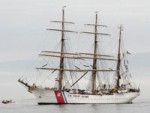
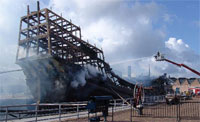 The Prins Willem, the replica Dutch East Indiaman
The Prins Willem, the replica Dutch East Indiaman 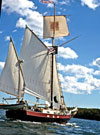 We hope everyone has a great time at today’s
We hope everyone has a great time at today’s 
 A windfall, a sudden and unexpected occurrence of good fortune, literally refers to fruit or timber knocked down by the wind. Here is an intriguing story of a literal windfall from the
A windfall, a sudden and unexpected occurrence of good fortune, literally refers to fruit or timber knocked down by the wind. Here is an intriguing story of a literal windfall from the 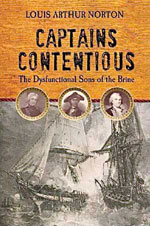 Louis Arthur Norton’s book
Louis Arthur Norton’s book 

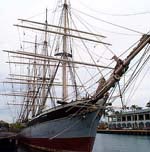
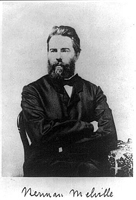
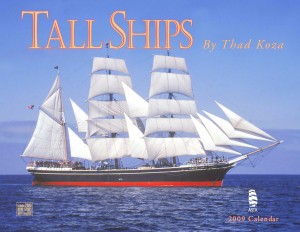

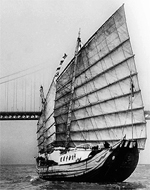


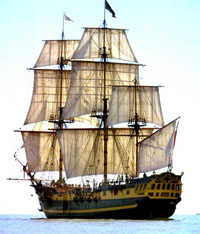 There seems to be a significant number of tall ships for sale these days. Not sure whether that is good or bad news. One especially notable example is the
There seems to be a significant number of tall ships for sale these days. Not sure whether that is good or bad news. One especially notable example is the